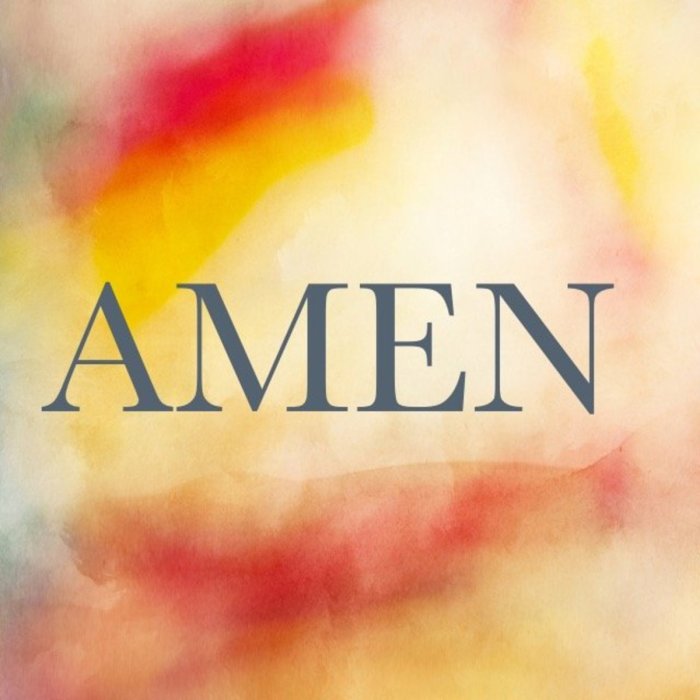Expression of approval at church crossword has become a prevalent practice, inviting us to delve into its historical, cultural, and theological underpinnings. From the origins of such expressions to their impact on the worship experience, this comprehensive exploration unveils the complexities and significance of this multifaceted phenomenon.
Throughout history, various forms of approval have been employed in church services, reflecting cultural and denominational diversity. From the enthusiastic clapping of Pentecostal congregations to the reverent raising of hands in Quaker gatherings, these expressions serve as a testament to the richness of Christian worship.
Expression of Approval at Church

Expressions of approval during church services are a common practice in many Christian traditions. These expressions can range from clapping and shouting to raising hands and other gestures. While the origins and forms of approval vary across cultures and denominations, they all serve to express joy, appreciation, and agreement with the message being delivered.
Historical Context of Expression of Approval at Church
The practice of expressing approval in church services has its roots in ancient Jewish tradition. In the Old Testament, people would often shout, clap, and raise their hands to express their joy and excitement during religious ceremonies. These expressions were seen as a way to honor God and to show their agreement with the message being preached.
In the early church, expressions of approval were also common. The apostles would often encourage their followers to express their joy and excitement through clapping, shouting, and raising hands. This practice continued throughout the Middle Ages and into the Reformation.
However, during the 18th and 19th centuries, some Protestant denominations began to discourage expressions of approval, seeing them as disruptive and disrespectful.
Cultural and Denominational Differences
There is a wide range of cultural and denominational variations in the way that approval is expressed in church services. In some cultures, it is common for people to clap and shout during the sermon. In other cultures, it is more common to raise hands or wave handkerchiefs.
Some denominations encourage expressions of approval, while others discourage them.
- In the African-American church, expressions of approval are often very enthusiastic and vocal. People may clap, shout, and dance to show their agreement with the message being preached.
- In the Pentecostal church, expressions of approval are often seen as a sign of the Holy Spirit’s presence. People may raise their hands, clap, and shout to show their excitement and joy.
- In the Catholic church, expressions of approval are typically more subdued. People may clap or raise their hands, but they are usually not as enthusiastic as in other denominations.
Biblical Basis and Theological Perspectives
There are a number of biblical references that address expressions of approval in worship. In the Old Testament, the people of Israel are often described as clapping, shouting, and raising their hands to express their joy and excitement during religious ceremonies (e.g.,
Psalm 47:1; 98:4-6).
In the New Testament, there are also several references to expressions of approval in worship. In Acts 4:24, the disciples are described as “lifting their voices together to God in prayer.” In Acts 10:46, the people who were listening to Peter’s sermon are described as “speaking in tongues and magnifying God.”
These passages suggest that expressions of approval are an appropriate way to express joy and excitement in worship.
However, there are also some theological perspectives that caution against excessive or inappropriate expressions of approval in worship. Some people believe that these expressions can be disruptive and disrespectful. Others believe that they can be a sign of pride or self-righteousness.
Impact on Worship Experience, Expression of approval at church crossword
Expressions of approval can have a significant impact on the worship experience. On the one hand, they can create a sense of excitement and joy. They can also help to create a sense of community and unity. On the other hand, excessive or inappropriate expressions of approval can be disruptive and distracting.
They can also make it difficult for people to focus on the message being preached.
It is important for churches to find a balance between allowing for expressions of approval and maintaining a respectful and orderly worship environment.
Contemporary Trends and Innovations
In recent years, there have been a number of contemporary trends and innovations in the way that approval is expressed in church services. Some churches have begun to use digital responses or interactive technologies to allow people to express their approval without disrupting the service.
Others have developed new forms of expressions of approval that are more subtle and respectful.
These trends and innovations are a sign that churches are continuing to adapt to the changing needs of their congregations. They are also a sign that expressions of approval are an important part of the worship experience for many Christians.
Etiquette and Guidelines
There are a few general guidelines that can help to ensure that expressions of approval are appropriate and respectful in church services:
- Be mindful of the context. Some expressions of approval may be appropriate in one context but not in another.
- Be respectful of others. Do not be so loud or enthusiastic that you distract others from the service.
- Be sensitive to cultural differences. What is considered appropriate in one culture may not be appropriate in another.
FAQ Insights: Expression Of Approval At Church Crossword
What are the different forms of expressing approval in church?
Clapping, shouting, raising hands, verbal affirmations, and standing ovations are common forms of expressing approval in church.
How do cultural and denominational factors influence the expression of approval in church?
Cultural norms, theological beliefs, and historical practices shape how different cultures and denominations express approval in church.
What are the biblical and theological perspectives on expressing approval in worship?
The Bible provides both examples of and guidance for expressing approval in worship, emphasizing the importance of sincerity, reverence, and edification.

